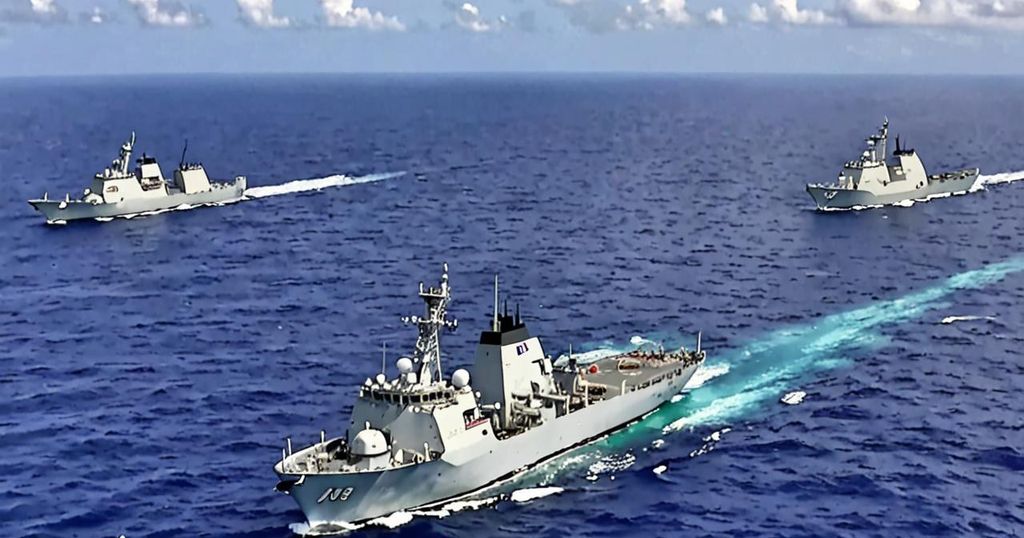The Commander of the Armed Forces of the Philippines, General Romeo Brawner Jr., has unequivocally stated that Filipino soldiers will not retreat in the face of “harassment” from Chinese coast guards in the Second Thomas Shoal. In the previous month, Chinese Coast Guards seized and damaged two Philippine ships, causing injuries to military personnel. This aggressive behavior has been a source of tension between the two countries for over two decades due to their conflicting claims over the island.
The recent confrontation involved a distressing escalation of violence, with the Chinese Coast Guard threatening Filipino soldiers with knives and axes. General Brawner emphasized that the Philippines has the right to defend itself according to the Rules of Engagement (ROE). He reassured that Filipino troops would respond proportionally to any attacks, stating that they would use similar weapons in self-defense but not resort to excessive force such as gunfire.
In response to the escalating conflict, President Ferdinand Marcos Jr. of the Philippines has directed his armed forces to endeavor to reduce tensions in the South China Sea. Concurrently, the Philippines Foreign Affairs Secretary Enrique Manalo has confirmed that both countries are working towards finding a resolution to the conflicts arising in the disputed area.
Despite efforts to reach an understanding, the Philippines military has demanded the return of seven firearms seized by the Chinese coast guard, along with approximately $1 million in compensation for damages. Additionally, Manila is seeking to hold China accountable for the medical expenses of a Filipino sailor who lost his right thumb during the confrontation.
While the Philippines is standing resolute in the face of Chinese aggression, Beijing has contested Manila’s account of the incident, asserting that China was simply safeguarding its sovereignty. This contentious exchange between the two countries has raised concerns about possible escalation, with Beijing seemingly testing the limits of the existing Philippines-U.S. defense pact.
Amidst the escalating tensions, other countries in the region have expressed apprehensions about the situation in the South China Sea. Japanese Ambassador Kazuya Endo stated that Japan was closely monitoring the discussions between Manila and Beijing, emphasizing that the issues in the South China Sea are a legitimate concern for Japan and the international community. The Thai government has also called for “dialogue and diplomacy” during a meeting with the Philippine Foreign Affairs Secretary.
The conflict in the South China Sea remains a crucial issue impacting regional peace and stability. As tensions continue to heighten, it becomes increasingly imperative for all parties involved to find ways to de-escalate the situation and work towards a peaceful resolution.

Leave a Reply